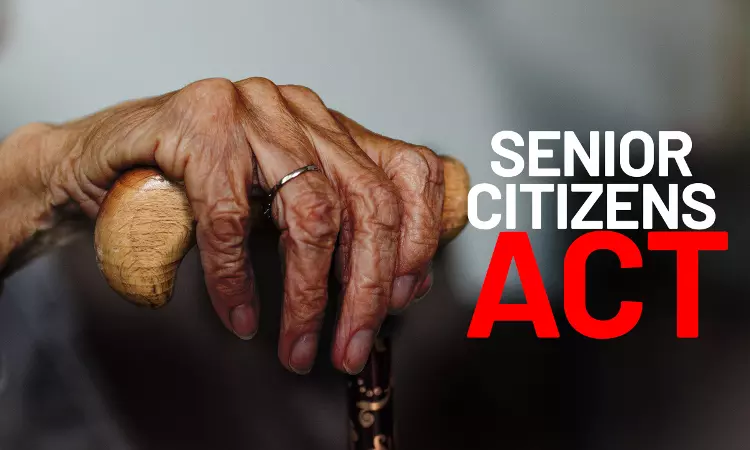Senior Citizens Act Can't Be Used For Settling Property Disputes: Delhi High Court
Nupur Thapliyal
22 Feb 2024 5:15 PM IST

Next Story
22 Feb 2024 5:15 PM IST
The Delhi High Court has ruled that the Senior Citizens Act was enacted for the protection of the senior citizens and cannot be used for settling property disputes.“The Senior Citizens Act, 2007 was enacted with the objective to provide a mechanism to secure maintenance and ensure welfare of senior citizens left bereft of support, financial or otherwise. The Act being a social...
